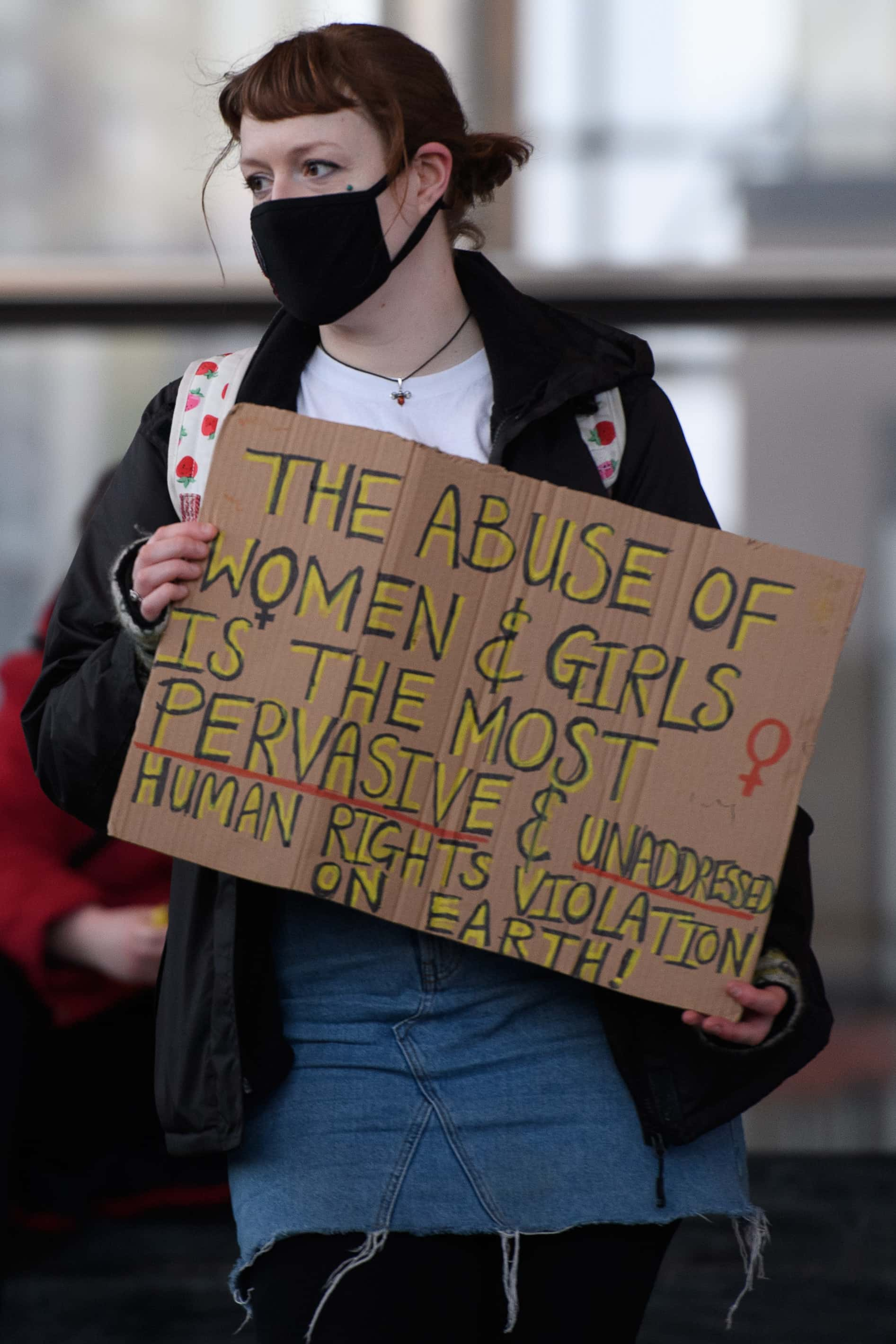What is Violence Against Women Act? House votes 244-172 to renew act signed by Bill Clinton against sexual violence

The House of Representatives on Wednesday, March 17, voted to revive the Violence Against Women Act, which is considered a landmark legislation under Joe Biden’s presidency. The final votes were 244 to 172, which included 29 from the Republicans in favor of the Democrats. The bipartisan bill was passed by Democrat Shiela Jackson Lee of Texas, House Judiciary Chair Jerry Nadler of New York and Republican Rep Brian Fitzpatrick of Pennsylvania earlier this month.
Jackson Lee noted, “Domestic violence has surged in this nation. And we now have a moment in history. This is a robust bill. We ensure that there is an armor of the federal government around these families so they can survive. We cannot let them down. I think the moment is here. I think the passion is here.”
RELATED ARTICLES

What is the Violence Against Women Act?
The Violence Against Women Act (VAWA) is a federal legislation that provides a juridical tool to combat violence against women and provide protection to those who have suffered violent abuses. The act was first signed into law in 1994 by former President Bill Clinton.
The Office on Violence Against Women (OVW) was created in 1995 within the Department of Justice (DOJ). The OVW was charged with implementing the VAWA legislation along with the Department of Health and Human Services (HHS).
The grants funded by the DOJ and HHS were directed towards the prevention of domestic violence and child abuse. They were also used for shelters, rape prevention and education programs to address and reduce sexual abuse of runaway and homeless youth, and community programs to educate on domestic violence.
The act has been reauthorized multiple times over the years, spearheaded by groups including National Organization for Women, the National Task Force to End Sexual and Domestic Violence Against Women, the Family Violence Prevention Fund and many state and local organizations.
However, its reauthorization in 2013 was opposed by conservatives as it expanded to include American Indians and same-sex couples. It has not been renewed since 2019 after its latest expiration.

How will the revived VAWA be different?
According to reports, on renewal, the current bill would expand victims’ services and reauthorize grant programs for the criminal justice response to domestic and sexual violence. It is also said to expand housing options for survivors and “end immunity for non-Native perpetrators of sexual violence on tribal lands.”
According to The Hill, “It would further close the so-called boyfriend loophole to prevent dating partners convicted of domestic violence or abuse from buying or owning guns.” The current bill only restricts spouses or formerly married partners convicted of abuse from purchasing the gun.
Meanwhile, Biden has urged Congress to “come together in a bipartisan manner”, to pass the legislation quickly to combat “a pandemic within the Covid-19 pandemic”, referring to the spike in domestic violence cases during the coronavirus-induced lockdown.










